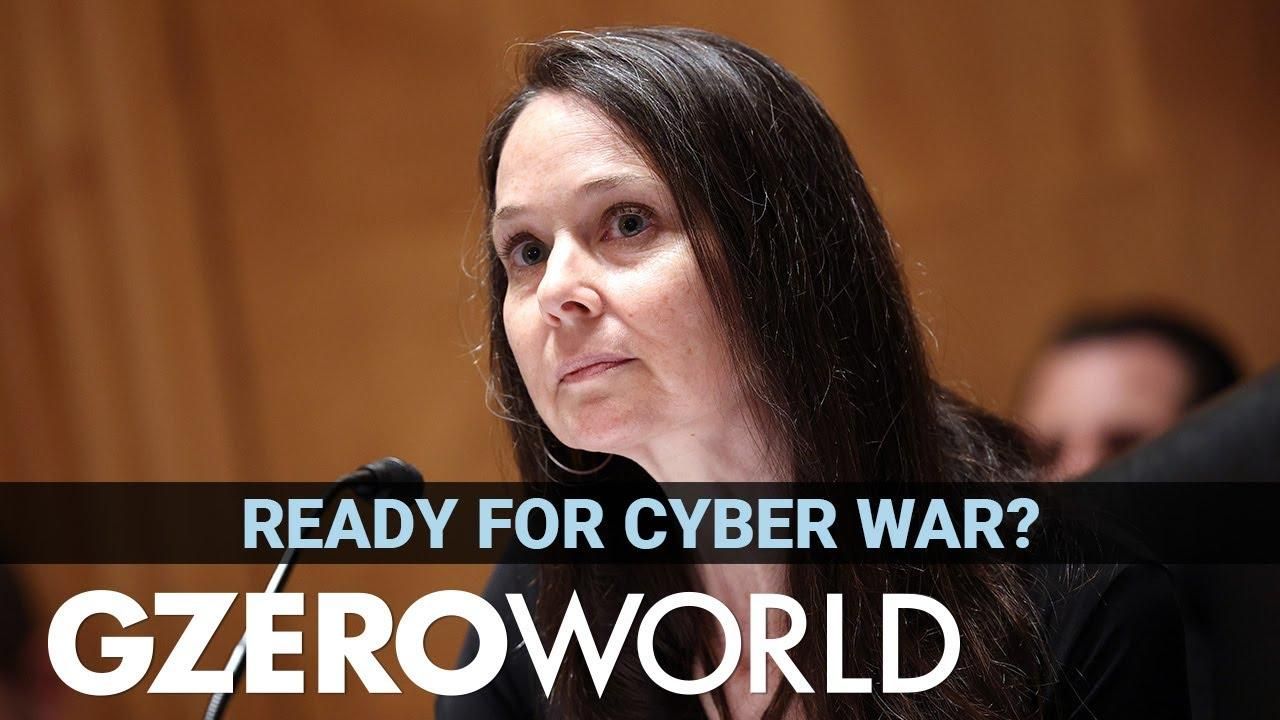GZERO World with Ian Bremmer
Hackers, Russia, China: cyber battles & how we win

Hackers, Russia, China: Cyber Battles & How We Win | GZERO World with Ian Bremmer

The next decade will be a turning point in the global cyber arms race. And the stakes are very high.
If measured as a country's GDP, cyber crime would now be the world's third-largest economy after the US and China. And it only takes a single password — as Americans learned after the 2021 Colonial Pipeline attack — for cyber crime to cripple a company or humiliate a nation.
On GZERO World, Ian Bremmer speaks to Jen Easterly, director of the US Cybersecurity and Infrastructure Security Agency, tasked with defending the country from all cyber threats — foreign and domestic.
America, she says, has finally gotten serious about protecting itself from cyberattacks. But the federal government still needs cooperation from the private sector, which operates 80% of the critical infrastructure that serves our daily basic needs.
Easterly also digs into how Russia is the urgent cyber threat, though China could do more damage in the long term -- and whether the US is prepared to defend itself from both adversaries.
People in support of former South Korean President Yoon Suk Yeol rally near Seoul Central District Court in Seoul on Feb. 19, 2026. The court sentenced him to life imprisonment the same day for leading an insurrection with his short-lived declaration of martial law in December 2024.
65: The age of former South Korean President Yoon Suk Yeol, who was sentenced to life in prison on Thursday after being found guilty of plotting an insurrection when he declared martial law in 2024.
In an era when geopolitics can feel overwhelming and remote, sometimes the best messengers are made of felt and foam.
The Hungarian election is off to the races, and nationalist Prime Minister Viktor Orbán is facing his most serious challenger in 16 years.
Does skepticism rule the day in politics? Public opinion data collected as part of the Munich Security Conference’s annual report found that large shares of respondents in G7 and several BRICS countries believed their governments’ policies would leave future generations worse off.